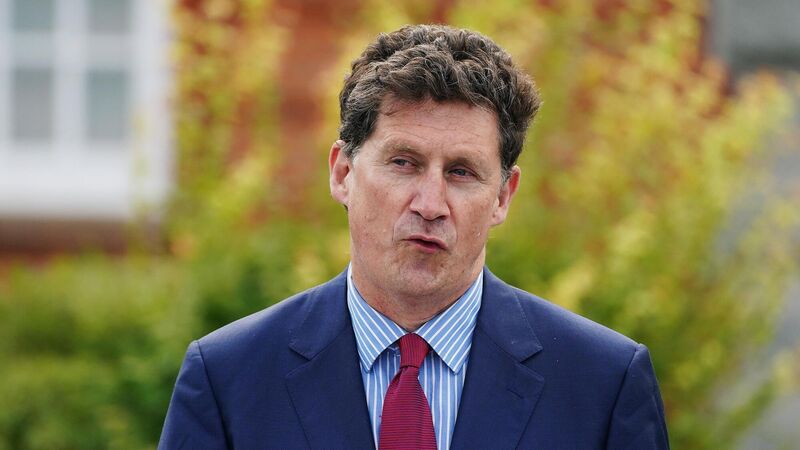Measures to cut greenhouse gases will have to be frontloaded to meet targets

Environment Minister Eamon Ryan said his Government partners understand tough action will be required to halve overall emissions by 2030.
Measures to reduce greenhouse gases will have to be frontloaded if Ireland is to meet legally binding targets, the Green Party leader has warned.
Eamon Ryan, who is locked into talks on the level of carbon cuts agriculture will have to make by 2030, has insisted the target will have to be higher than the 22% farmers say is as far as they can go.
CLIMATE & SUSTAINABILITY HUB












